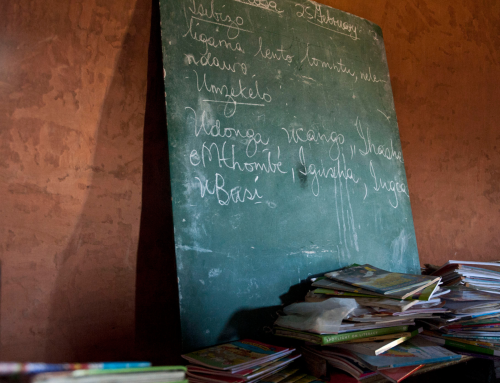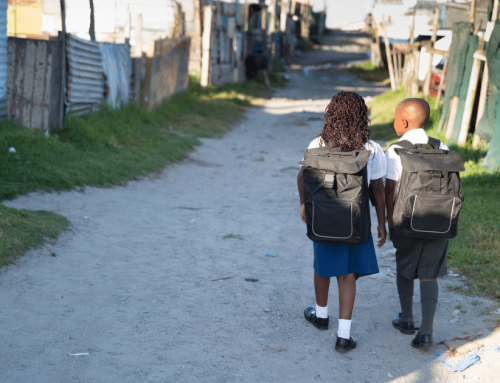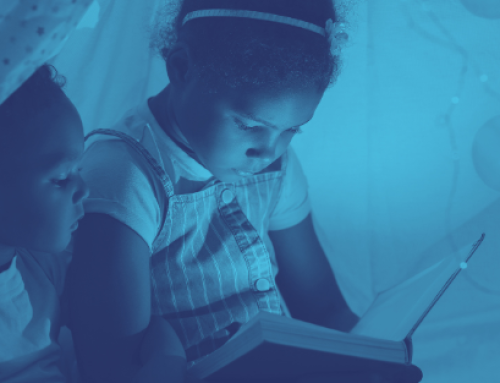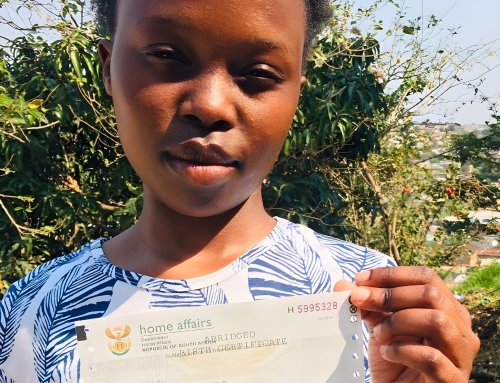PILG 2025: From Legal Promises to Public Accountability
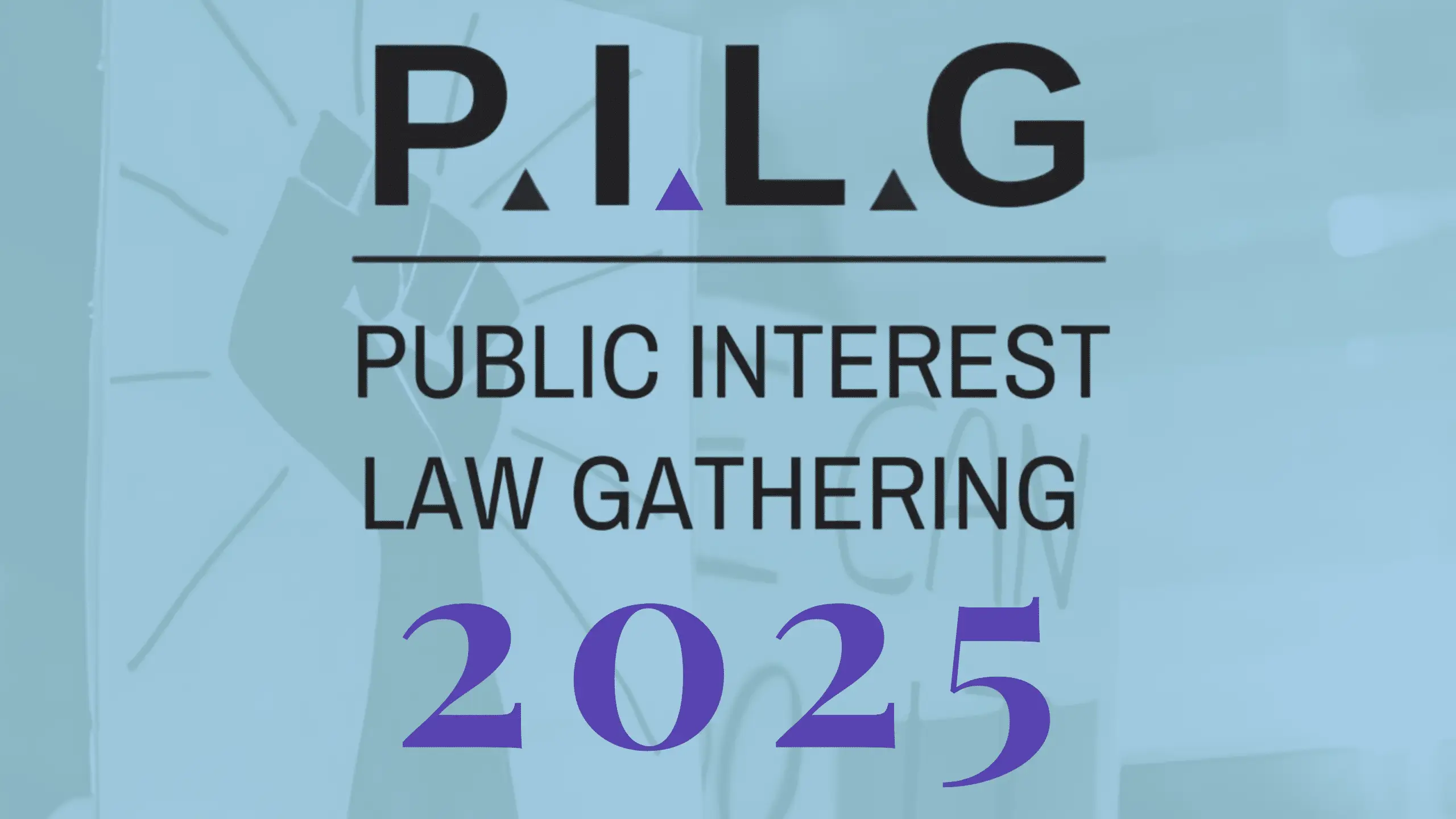
Next week, public interest lawyers, activists and community organisers gather at Wits University for the Public Interest Law Gathering on 22 to 23 October under the theme “Unfinished Freedom: interrogating the leaps between legal promises and lived realities.” The title is well chosen. South Africa’s institutions have accumulated policies, frameworks and court rulings that ought to transform daily life. Yet the implementation gap persists, too often felt most sharply by those with the least ability to absorb failure. PILG is a space to be honest about what is working, what is not, and how to course correct at the level of systems, incentives and accountability.
The Legal Resources Centre will contribute to four discussions that sit at the fault lines of South Africa’s democratic project: using litigation to strengthen anti corruption accountability, turning SRHR policy into protection for learners in cases of sexual violence in schools, establishing and advancing the right to early childhood development with a focus on the KZN subsidy crisis, and removing procedural barriers that deny refugee protection to queer asylum seekers. Each points to a wider question: how do we ensure that the law serves people, not the other way round?
1) Anti corruption litigation: using the courts to rebuild, not hollow out
Time: 23rd October 2025 at 11:00 – 12:30
Host – Rashaad Dadoo (LRC)
Panelists – Claire Rankin (LRC), Ariella Scher (Open Secrets), Andrea van Heerden (OUTA), Nkululeko
Conco (Corruption Watch)
South Africans know that corruption is not an abstract ethics problem. It is a service delivery problem, a trust problem and a constitutional problem. Litigation has become a vital tool for exposing unlawful conduct, recovering assets and forcing compliance where political will falters. But litigation is not an end in itself. The strategic challenge is to deploy the courts in ways that not only stop harm but also rebuild institutional capacity. That means choosing cases that clarify duties, set workable timelines and create credible enforcement paths, so that orders do not die in the gap between judgment and implementation.
Our conversation will unpack when litigation advances accountability and when it risks unintended consequences, such as shifting technical decision making from the administrative sphere to a courtroom without leaving behind the systems needed to sustain reform. We will explore how remedies can be tailored to strengthen, not substitute for, public administration. Examples include supervisory orders that lock in reporting and scrutiny, performance linked milestones, and the use of transparency in data, budgets and procurement registers to make backsliding harder. Anti corruption work only wins when institutions work better for ordinary people. Litigation must therefore be designed with the health of the state in mind.
2) Policy vs Pain: stopping sexual violence in schools
Host – Gauta Mashego (Section27)
Panelists – Dr. Shaheda Omar (Teddy Bear Foundation), Shaatirah Hassim (LRC), Lorraine Matshazi (Commission for Gender Equality)
On paper, learners’ rights to dignity, equality, safety and education are well protected. In practice, too many children, especially girls and gender diverse learners, experience sexual violence in and around schools. The distance between policy and protection shows up in the ordinary details. These include unclear reporting lines, slow or hostile responses to complaints, inadequate psychosocial support, and weak accountability when duty bearers fail. Families and learners encounter a maze of forms and phone calls when what they need is a reliable, compassionate system that prevents harm and intervenes decisively when it occurs.
This panel asks what a survivor centred, legally compliant school system actually looks like on the ground. We will look at simple but powerful levers. These include standard operating procedures that every school understands and follows, mandatory and time bound referral pathways, regular monitoring and public reporting, and training that equips educators to recognise, prevent and respond to harm. We will also interrogate how accountability should function. This includes disciplinary processes that are swift and fair, safeguarding that does not end at the school gate, and remedies that address both immediate safety and longer term learning recovery. SRHR commitments are meaningful only when a learner can walk into class knowing they are protected and believed.
3) Queer asylum seekers and the crisis of procedure in the refugee system
Time – 22nd October 2025 at 16:00-17:30
Presenter – Yanela Frans (LRC)
While the Refugees Act recognises persecution based on sexual orientation, gender identity and expression, and sex characteristics, queer asylum seekers still face a gauntlet of procedural obstacles. These include delayed or inaccessible status determination, credibility assessments that misunderstand SOGIESC based persecution, and documentation gaps that lock people out of work, health care and basic services. The result is a quiet attrition, with rights rationed not by law but by queue, form and misunderstanding.
Our aim in this discussion is practical. We want to identify concrete procedural fixes that make protection real. That includes standardising intake and adjudication practices for SOGIESC claims, improving interviewing guidelines and interpreter safeguards, issuing time bound documentation to prevent rights gaps, and creating escalation and review mechanisms that are accessible and fast. None of these steps require new promises. They require the system to treat existing promises as binding and to measure success by one test. Can a person who is entitled to protection obtain it without being ground down by the process.
4.) Strategic Litigation and Advocacy: Establishing and Advancing the Right to Early Childhood Development
Time – 23rd October 2025 at 13:30-15:00
Host – Tess Peacock (Equality Collective)
Panelists – Kiara Govender (LRC, Fanelesibonge Ndebele (LRC), Tshepo Mantje (Real Reform for ECD), Tatiana Kazim (Centre for Law and Society)
In KwaZulu-Natal, unpaid subsidies and fragmented administration are failing ECD centres and the children they serve. The gap is structural too: there is no explicit constitutional right to ECD, and the Children’s Act lacks clear state duties to fund and support programmes. Our panel unpacks the LRC’s case against the KZN Department of Education. Part A, heard on 26 May 2025, ordered payments to three centres, an order not fully honoured. Part B seeks declaratory and structural relief, including recognition of a constitutional right to ECD, confirmation of funding duties, and disclosure of all subsidised centres, amounts owed, and time-bound steps to remedy non-payment.
We ask what public interest litigation offers when a court says yes but a department keeps saying no. The discussion explores the power and limits of structural interdicts, practitioner-led advocacy and grassroots participation, and the law reforms needed to make early learning, nutrition, safety and care real for every child.
Why these conversations are important
Taken together, these panels trace a single arc. Accountability begins with the text of the law and must end with the texture of daily life. Anti corruption litigation succeeds when public institutions do. SRHR frameworks succeed when learners are safe. Refugee protections succeed when procedures work for people who need them most. The thread running through all three is implementation with integrity. Clear duties, usable procedures, transparent data and remedies that the state can and must deliver.
PILG is about interrogating those links, candidly and constructively. We will share distilled takeaways after the gathering, with less fanfare and more lessons learned, so that the conversations next week can strengthen the work that happens the week after.

